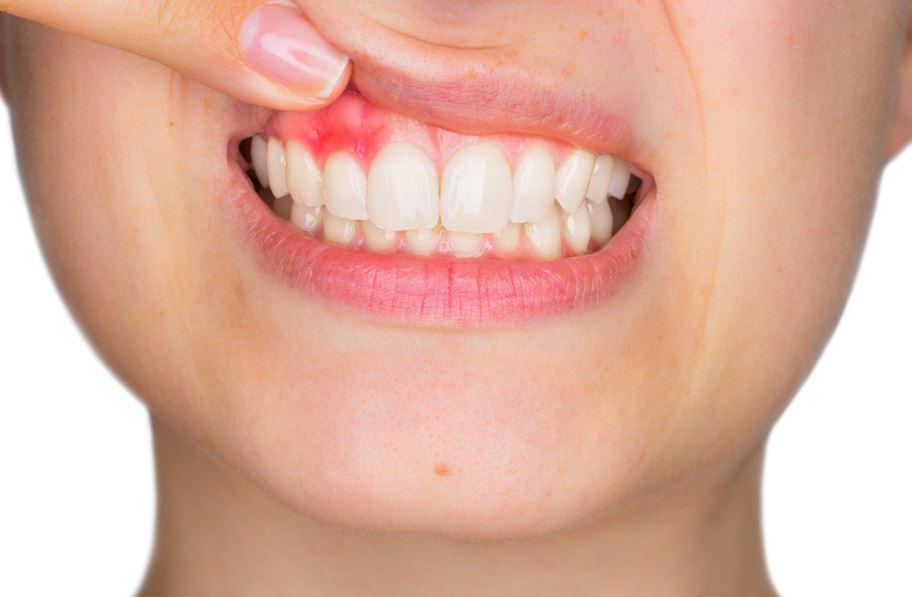5 Signs of Unhealthy Gums

The global dental imaging market was valued at $2.17 billion and is expected to grow at a compound annual growth rate of 8.70% over the forecast period.
What are the symptoms of diseased gums? Your gums are an essential component of your oral health. These tissues keep your teeth in place and act as a barrier between your mouth and the outside world.
Gum disease and tooth loss are only two problems associated with unhealthy gums. Healthy gums are essential for good oral hygiene and overall health. Unfortunately, many people ignore the importance of gum health until issues emerge.
You can avoid issues and retain a beautiful smile by paying attention to your gum health. Continue reading to learn more about the signs of unhealthy gums.
1. Persistent Gum Inflammation and Redness
Persistent inflammation and redness are among the first and most visible indications of diseased gums. Healthy gums should be pale pink in color and firm in texture. Yet, if your gums are red, swollen, or sensitive, this could suggest the presence of gum disease.
Inflamed gums are accompanied by discomfort or pain, especially when brushing or flossing. This issue, if left untreated, can lead to more severe forms of gum disease, causing lasting damage to your dental health. Brushing or flossing should not cause bleeding gums.
If you find blood on your toothbrush or dental floss, this is a sign of gum disease. Gingivitis, which causes bleeding gums, is often caused by plaque along the gumline. Gingivitis is the first stage of gum disease and can be reversed if treated.
2. Bite Alignment Changes
Gum disease can cause changes in your bite or the way your teeth fit together. Unhealthy gums can cause teeth to shift or become misaligned, altering the bite pattern as a whole.
3. Gum Recession and Tooth Sensitivity
Receding gums are caused by the gum tissue pulling away from the teeth, exposing the tooth roots. This illness can cause dental sensitivity and discomfort.
You should seek a local general dentistry dentist to address the underlying problem.
4. Chronic Bad Breath
Plaque and bacteria buildup in the gum pockets can cause foul-smelling gases to be released, resulting in chronic bad breath. Furthermore, gum disease can leave a foul taste in the mouth, exacerbating the problem. Brushing, flossing, and using mouthwash regularly can help with bad breath.
Yet, if the problem persists, you should see a dentist for a health assessment.
5. Loose or Moving Teeth
Healthy gums are vital for the support and stability of your teeth. When the gums become unhealthy, they lose their capacity to hold the teeth in place, resulting in loose or shifting teeth. It could be a sign of the advancement of gum disease and bone loss.
Seeking prompt dental care is critical to preventing further damage and tooth loss.
Understanding the Signs of Unhealthy Gums
Maintaining the best dental health requires proper gum care. Unhealthy gums can lead to major oral health problems such as periodontitis. It is critical to keep an eye out for indicators of unhealthy gums.
Reach out to a competent dentist today. Don’t allow bad gums to ruin your smile!
Did you find this article helpful? Check out the rest of our blog for more!



